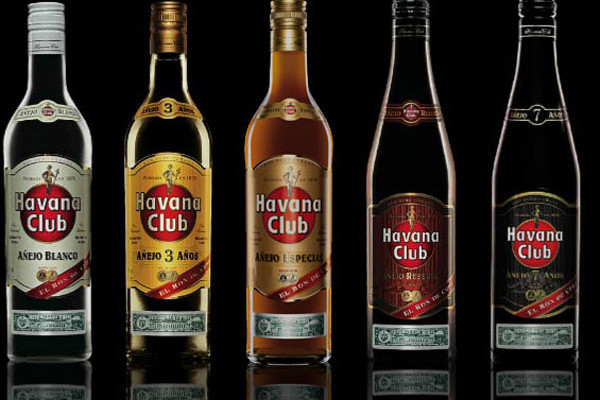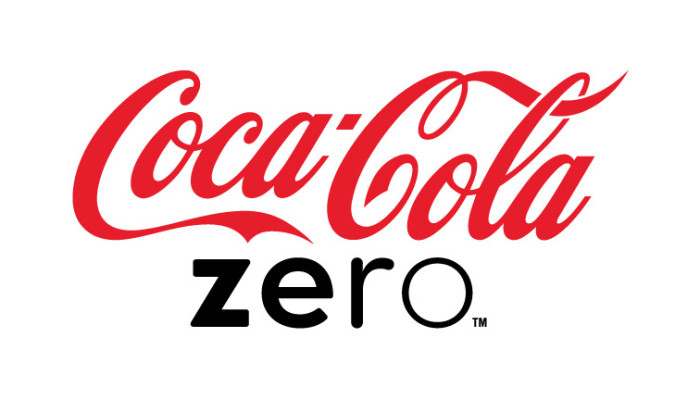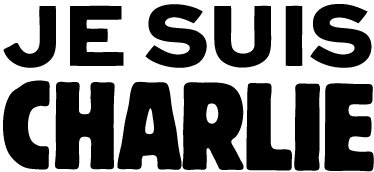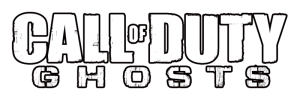In a landmark trademark law ruling, the Supreme Court of the United States held in Matal v. Tam that the Lanham Act’s disparagement clause is facially unconstitutional under the First Amendment’s Free Speech Clause. This case will have significant implications for other case, such as the series of cases addressing the registrability of the mark REDSKINS for an NFL football team. At issue in Matal v. Tam was application of 15 U. S. C. §1052(a) to Simon Tam’s application for registration of the mark THE SLANTS for “entertainment in the nature of live performances by a musical band.” Section 1052(a), also known as the disparagement clause, provides in relevant part that a trademark may not be registered if it: Continue reading “SCOTUS Rules in Favor of THE SLANTS Trademark”
Category: Trademark Law
Dell EMC’s Confidential Use of Brand Name Not Enough to Secure Trademark Rights
The intricacies of trademark law at the intersection of where trademark rights arise under common law and where trademark rights are secured through federal registration can lead to some interesting water cooler conversations – at least for trademark attorneys. Trademark rights under common law arise primarily through the use of a mark in commerce in connection with goods or services. Trademark rights and legal presumptions secured through trademark registration are generally given a priority date, once secured, as of the date the trademark registration application was filed. However, common law trademark rights arising prior to registration of a mark can prevail over the registration so long as they are also prior to common law rights of the mark secured by the registration. Starting to sound a little complicated? Continue reading “Dell EMC’s Confidential Use of Brand Name Not Enough to Secure Trademark Rights”

Florida Lawmakers Hoping Trump Will Help with Havana Club Trademark Dispute
As President Obama attempted to normalize relations with Cuba toward the end of his presidency, a byproduct was the renewal of a contested trademark registration on Havana Club by Cubaexport, an agency of the Cuban government. Florida lawmakers are now hoping that a more US-centric Trump administration can help them roll this back.
Continue reading “Florida Lawmakers Hoping Trump Will Help with Havana Club Trademark Dispute”

Coke Wins Partial Victory Against Dr. Pepper in “Zero” Trademark Dispute
Coca-Cola is a giant in the beverage industry. If you said everyone in the world knows what Coke is, it may actually be true and not just an exaggeration. With such recognition and substantial marketing resources behind its zero calorie drinks like “Coke Zero”, “Sprite Zero” and “Powerade Zero”. Coke has finally convinced the United States Patent and Trademark Office (USPTO) to allow its trademark registration on the term “zero” in conjunction with its beverages. This grant comes in spite of Dr. Pepper’s protests that the term is a generic reference to zero-calorie drinks. The decision is limited however, and leaves the door open for Dr. Pepper to also register its “zero” products and pushes any future disputes into federal court.
Continue reading “Coke Wins Partial Victory Against Dr. Pepper in “Zero” Trademark Dispute”

Federal Appeals Court Sides With Amazon in Trademark Case
A panel of three federal appeals judges had second thoughts recently, changing its mind on whether Amazon would have to face trial over a trademark dispute with a watchmaker. The change in course was most likely spurred by a desire to avoid re-opening the debate over the internet “initial interest confusion” doctrine. While this decision provides relief to Amazon, watchmaker Multi Time Machine (Multi Time) probably feels a little gypped. Continue reading “Federal Appeals Court Sides With Amazon in Trademark Case”
Dirty Fight Over Trademarks in Utah
Soda shops where you can order a “dirty” Diet Coke have become quite the rage in Utah as of late. Drinking a “dirty” soda may sound unappealing to the uninformed, but all “dirty” means in the soda context is the addition of flavored syrup shots (typically coconut and sometime also lime). As custom soda shops grow in popularity, one shop claims it coined the term “dirty” and with a federal trademark registration in hand, wants the other shops to stop using it. Continue reading “Dirty Fight Over Trademarks in Utah”

Federal Appeals Court to Review “The Slants” Trademark Application
Portland, Oregon based rock band “The Slants” isn’t planning to change its name anytime soon. It just wants the Trademark Office to recognize its chosen name and grant it a trademark registration. After determining that “The Slants” is a disparaging term and rejecting its application, the Trademark Office has stuck to its guns despite multiple attempts by the band to appeal the decision. The band now rests its hopes in a panel of federal appeals judges, hoping they will overrule the U.S Patent and Trademark Office. The question of whether free speech rights should trump trademark law’s prohibition on immoral, scandalous or disparaging marks will now go before this group. Continue reading “Federal Appeals Court to Review “The Slants” Trademark Application”
Did Macy’s Allow Their Trademark to Go Abandoned
A few decades ago there used to be a lot more variety in department stores. Robinson’s-May, Marshall Field’s, and Meier and Frank used to dot the commercial landscape. But when these stores, along with several others, were acquired by Macy’s in 2005 and subsequently rebranded with the Macy’s masthead and brand name, the overall diversity of department stores took a hit. Now, after several years of dormancy, an enterprising individual is attempting to bring back some of these nostalgic brands and commercially exploit them, selling merchandise bearing the names and logos of these brands on his website. Macy’s has responded by suing for trademark infringement, claiming it is still the owner of these brands, but by shelving them for years, has Macy’s abandoned its trademark registration rights?
Continue reading “Did Macy’s Allow Their Trademark to Go Abandoned”
“Je Suis Charlie” Trademark Aftermath
 Following a growing trend of attempts to trademark social rallying cries, two trademark applications have been submitted on “Je Suis Charlie”. Je Suis Charlie was a common slogan of support at the rallies and in social media in reference to the Charlie Hebdo attacks in Paris. It quickly became an international statement of solidarity against violence and terrorism. Like other social movement slogans before it, trademark applications quickly followed its viral spread. But like those other slogans, the U.S. Patent and Trademark Office is unlikely to grant a trademark registration for Je Suis Charlie.
Following a growing trend of attempts to trademark social rallying cries, two trademark applications have been submitted on “Je Suis Charlie”. Je Suis Charlie was a common slogan of support at the rallies and in social media in reference to the Charlie Hebdo attacks in Paris. It quickly became an international statement of solidarity against violence and terrorism. Like other social movement slogans before it, trademark applications quickly followed its viral spread. But like those other slogans, the U.S. Patent and Trademark Office is unlikely to grant a trademark registration for Je Suis Charlie.
Activision First Amendment Rights Trump Trademark Infringement Claim
 Activision’s Call of Duty video game franchise has been incredibly successful. It is a highly detailed, military style game that attempts to deliver a realistic combat experience by incorporating real weapons and equipment. This realism includes the ability to customize a player’s combat uniform, right down to the patches worn by the combatant. Such extreme realism enhances the player’s experience, but one company claims that Activision’s use of its patch is a little too real and infringes on its trademark registration. But a U.S. District Court in California doesn’t see it this way.
Activision’s Call of Duty video game franchise has been incredibly successful. It is a highly detailed, military style game that attempts to deliver a realistic combat experience by incorporating real weapons and equipment. This realism includes the ability to customize a player’s combat uniform, right down to the patches worn by the combatant. Such extreme realism enhances the player’s experience, but one company claims that Activision’s use of its patch is a little too real and infringes on its trademark registration. But a U.S. District Court in California doesn’t see it this way.
Continue reading “Activision First Amendment Rights Trump Trademark Infringement Claim”
